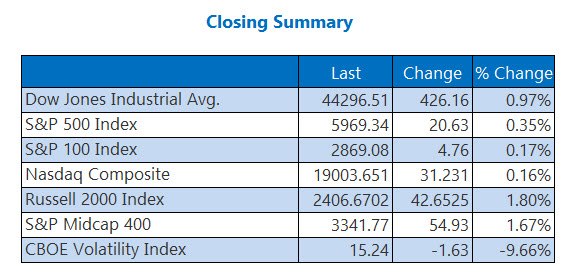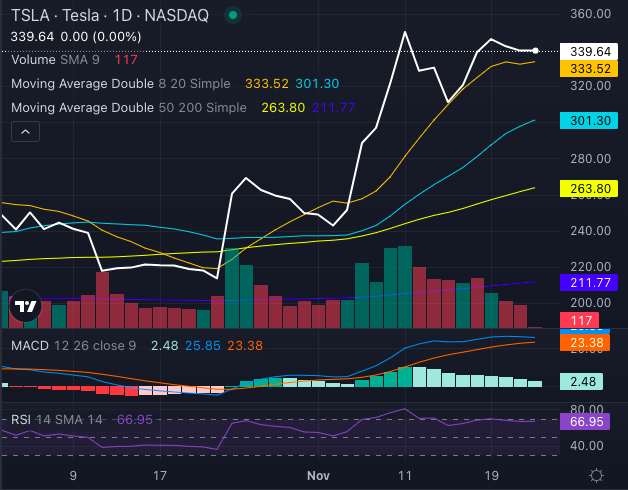The Federal Trade Commission's (FTC) decision to delay its ruling on the proposed merger between Kroger and Albertsons has ignited speculation and uncertainty within the business community.
This $25 billion acquisition, closely monitored by industry analysts, is now facing an extended review process as the antitrust regulator meticulously evaluates the potential implications of the deal.
In an effort to address concerns raised by the FTC, Kroger has made significant efforts to comply with the regulator's requests, including the sale of a substantial number of stores.
However, the outcome of the FTC's decision, which is expected to be announced next year according to FTC Chair Lina Khan, remains uncertain due to various political factors that may influence the final verdict.
This delay has triggered discussions about potential alternatives for consumers in the market.
Key Takeaways
- The FTC is delaying its decision on Albertsons' planned acquisition of Kroger, sparking speculation about the outcome.
- Kroger has been working to appease the FTC, including selling stores and demonstrating compliance with the regulator's requests.
- Kroger's Q3 earnings showed a decline in identical-store sales, indicating tighter consumer spending.
- The chances of FTC approval for the merger are uncertain due to political factors, and the FTC's decision-making process has faced criticism for potential waste of taxpayer dollars.
FTC's Delay on Kroger-Albertsons Merger
Amid growing anticipation, the Federal Trade Commission (FTC) has announced a delay on its decision regarding the Kroger-Albertsons merger.
This delay has sparked speculation about the effect on competition and the impact on employees. The merger between Kroger and Albertsons could potentially have significant implications for the grocery industry, as it would create a major player with a large market share.
This could result in reduced competition and potentially higher prices for consumers. Additionally, the merger may also lead to job losses or restructuring as the two companies integrate their operations.
The FTC's decision on whether to approve or block the merger will ultimately determine the future direction of both companies and the overall landscape of the grocery industry.
Kroger's Financial Performance and Plans
Kroger's Q3 earnings call revealed a decline in identical-store sales as consumer spending tightens. Despite this, Kroger's non-GAAP EPS of $0.95 beat expectations by $0.03, with revenue reaching $33.96 billion. The company has been working on closing the mega-supermarket deal with Albertsons early next year. To provide a clearer picture of Kroger's financial performance, here is a table summarizing their Q3 earnings:
| Financial Metric | Amount |
|---|---|
| Identical-Store Sales | Declined |
| Non-GAAP EPS | $0.95 (beat expectations by $0.03) |
| Revenue | $33.96 billion |
While Kroger faces challenges with declining sales, the progress in the Albertsons deal could potentially boost their future prospects. However, it's essential to note that the FTC's decision on the merger remains uncertain, and political factors may influence the outcome. Kroger's management has faced criticism for not filing in federal courts during a payment delay, which further adds to the complexity of their financial situation.
Independent Alternatives to Kroger
Super Lo Foods, along with other independent supermarket chains, offers a wide range of affordable options for consumers seeking alternatives to Kroger. These independent stores, like Super Lo Foods, provide lower prices and are popular among consumers. Super Lo Foods claims to be employee-owned and provides a more user-friendly parking lot experience. They often carry off-brand products that offer quality without heavy marketing costs.
In light of changes in the business landscape, some consumers have shifted their shopping to independent stores. However, it is important to note that the impact on Kroger investors remains to be seen. While independent alternatives may attract some customers, the dividend from Kroger stock continues to be a reason for some investors to hold onto their positions.
The ultimate effect on Kroger investors will depend on the outcome of the FTC's decision on the Kroger-Albertsons merger.
FTC Approval and Political Factors
The Federal Trade Commission's (FTC) decision on the Kroger-Albertsons merger is still pending, raising speculation among industry experts.
The FTC's decision-making process can be influenced by political factors, which adds uncertainty to the approval of the merger.
Some individuals with concerns about capitalism may influence the FTC's approval process, potentially leading to delays.
However, it is worth noting that the FTC has previously approved mergers despite delays, as they need to win in court to block them.
The delay in decision-making by FTC Chair Lina Khan has been criticized by some as an attempt to waste taxpayer dollars.
If the FTC fails to take action by a certain deadline, Kroger may proceed with the merger.
The outcome of the FTC's decision will determine whether the merger goes forward or faces potential legal challenges.
FTC Extension and Potential Lawsuit
The potential for an FTC extension and the possibility of a lawsuit are looming over the Kroger-Albertsons merger. The FTC may file for an extension of time to further review the merger, but the rationale for the extension is yet to be determined. If the FTC fails to take action by a specific deadline, Kroger may proceed with the merger.
Critics argue that the FTC should not unnecessarily delay the decision, considering the time and money involved. The FTC's actions will determine whether a lawsuit will be filed to block the merger or if an extension will be granted.
The potential legal implications of a lawsuit could result in further delays and uncertainties for both Kroger and Albertsons. The outcome of the FTC's decision and any subsequent legal proceedings will have significant implications for the future of the merger.
Speculation on the Merger's Outcome
Speculation regarding the outcome of the Kroger-Albertsons merger is intensifying as the FTC's decision continues to be delayed. The market is closely watching for any updates, and several potential impacts and market reactions are being considered:
- Investor uncertainty: The prolonged delay in the FTC's decision is causing uncertainty among investors. This can lead to volatility in Kroger and Albertsons' stock prices as investors weigh the potential outcomes of the merger.
- Competitive landscape: If the merger is approved, it could reshape the competitive landscape in the grocery industry. The combined entity would have a larger market share and potentially impact other players in the market.
- Consumer choice: The merger may affect consumer choice, as it could lead to store closures and reduced competition in certain areas. This could result in fewer options for consumers and potentially higher prices.
The market will continue to closely monitor developments and react accordingly once the FTC's decision is announced.
Frequently Asked Questions
What Is the Current Status of the Ftc's Decision on the Kroger-Albertsons Merger?
The current status of the FTC's decision on the Kroger-Albertsons merger is unknown, leading to speculation on the merger outcome. The FTC's delay in making a decision has sparked discussions and uncertainty regarding the future of the merger.
How Has Kroger's Financial Performance Been Affected in Recent Quarters?
Kroger's financial performance in recent quarters has been impacted by a decline in identical-store sales as consumer spending tightens. This has led some consumers to shift their shopping to independent supermarkets, which offer lower prices and a more user-friendly experience.
Are There Any Alternative Supermarkets That Consumers Are Turning to Instead of Kroger?
Consumers are turning to alternative supermarkets such as Super Lo Foods due to changes in the business landscape and their lower prices. These independent stores offer a more user-friendly parking lot experience and carry off-brand products that provide quality without heavy marketing costs.
What Political Factors Could Influence the Ftc's Approval of the Merger?
Political factors can influence the FTC's approval of the Kroger-Albertsons merger, impacting market competition. Concerns about capitalism and the misuse of power by federal agencies may influence the decision-making process.
Is There a Possibility of a Lawsuit Being Filed to Block the Kroger-Albertsons Merger?
There is a possibility of a lawsuit being filed to block the Kroger-Albertsons merger due to antitrust concerns. The FTC's actions will determine whether an extension is granted or if the merger proceeds without further delay.



